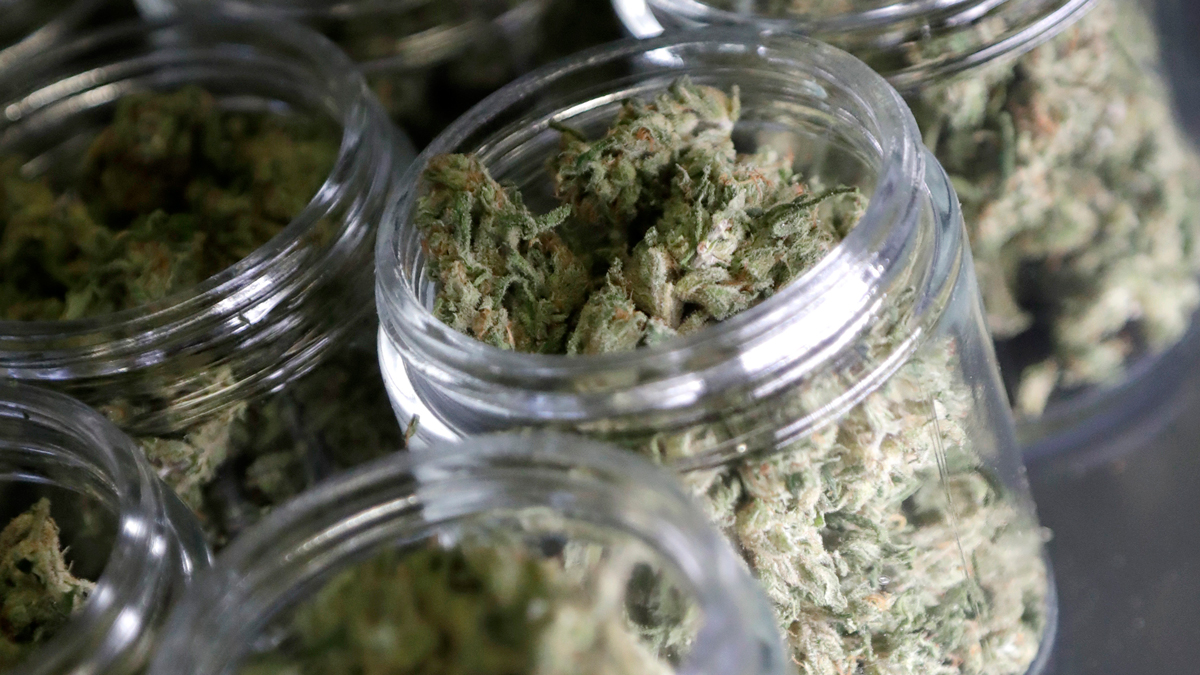Expunging criminal records for simple marijuana possession would be the "fastest, easiest and quickest way" to deal with those convictions, not pardons like President Joe Biden recommended, Massachusetts Gov. Charlie Baker said Tuesday.
After Biden on Thursday announced he would make pardons available for thousands of Americans with federal simple marijuana possession convictions and urged governors to do the same at the state level, Baker signaled such action is not on the agenda for his final few months in office.
Instead, the outgoing governor said, Bay Staters can seek to have criminal records tied to simple marijuana possession wiped out under a 2018 criminal justice reform law -- a law Baker said he signed "specifically because we believed people who had been arrested for simple possession of marijuana should have the ability to clear their record."
"Anyone in Massachusetts who wants to expunge their record appropriately can do so now under existing state law," Baker, a Republican, said after a groundbreaking event in Lawrence. "The pardon process is a complicated one. It doesn't happen overnight. I think at this point the fastest, easiest and quickest way for somebody to deal with an issue around simple possession would be to just pursue the expungement process. It's why it's there."
Get Boston local news, weather forecasts, lifestyle and entertainment stories to your inbox. Sign up for NBC Boston’s newsletters.
Attorney General Maura Healey, the Democratic gubernatorial nominee, told the Boston Globe last week she would follow Biden's recommendation and move to pardon state simple marijuana convictions if elected.
Her opponent, Republican nominee Geoff Diehl, criticized Biden's announcement as "the latest in a series of outrageous moves" that "eliminate consequences for wrongful actions," adding that he would respect the voter-approved law legalizing recreational marijuana in Massachusetts.
Healey's office said a simple marijuana possession charge refers to when a defendant has a small amount of marijuana intended for personal use or consumption, not with intent to distribute the drug to others.



